In 2015 the following recipients benefited from grants from The Arab British Centre:
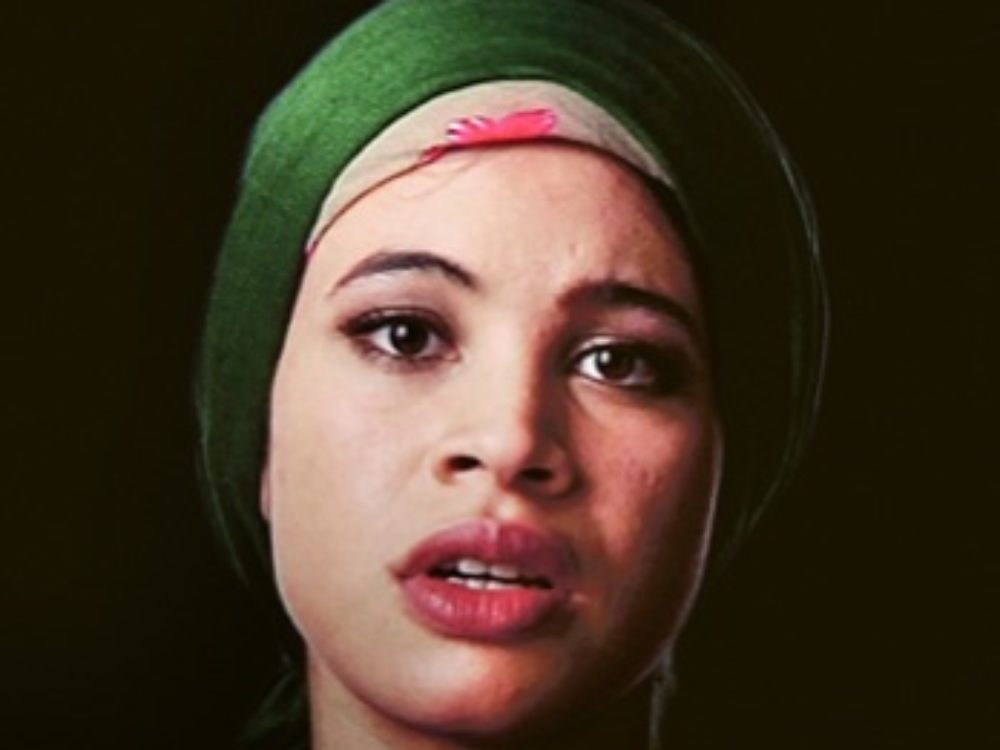
Nascent States at Waterside Contemporary
Waterside Contemporary opened a group exhibition ‘Nascent States’ from 30 April – 11 July 2015, which brought together diverse practices of eight female artists. Amongst these projects is Judith Barry‘s ‘…Cairo Stories’, a series of ‘as-told-to’ recorded stories, based on personal interviews.
Initiated in 2003 at the beginning of the Iraq War, the project explores the many different ways that Cairene women negotiate the ideological, cultural and economic conditions that are specific to Cairo. Drawing on hundreds of hours of recorded interviews, Barry filmed actors recounting extracts of individual narratives.
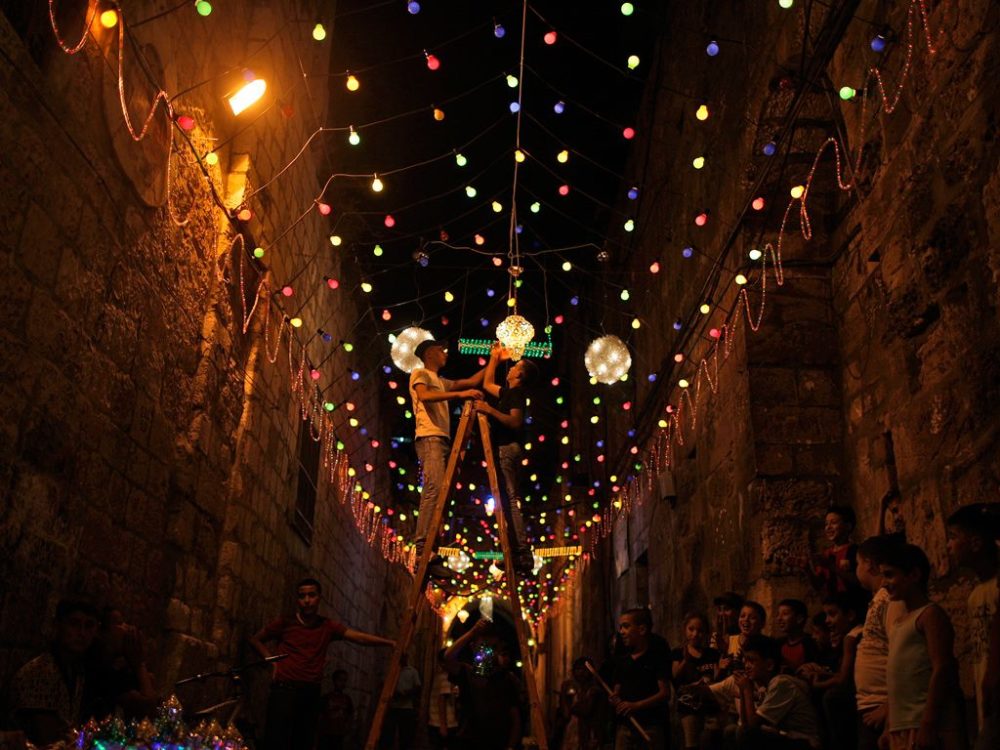
Ramadan Night by Arts Canteen at Rich Mix
An evening that revived the old Ramadan tradition, from the Arab and Muslim world, which gathers musicians, poets and story tellers after dark and the breaking of the fast. Rich Mix venue was gently lit by candles and Arabic lanterns and people got lost in a world of story-telling and rich musical traditions. Expect songs and sounds that reach back in time through Arabic history. An ensemble, led by Najib Coutya, explores the mosaic of Arab Maqamat (modes), Muwashahat (songs set to the text of classical Arabic poetry from medieval Andalusia) and Qudud (folk songs originating from Aleppo, Syria). The stage was taken by a small musical ensemble of traditional instruments, such as the oud, the qanun, the violin and percussion. To enhance the nostalgic ambience, early 20th-century documentary footage from the Arab capitals of Beirut, Cairo, Rabat and Jerusalem were projected onto the walls.
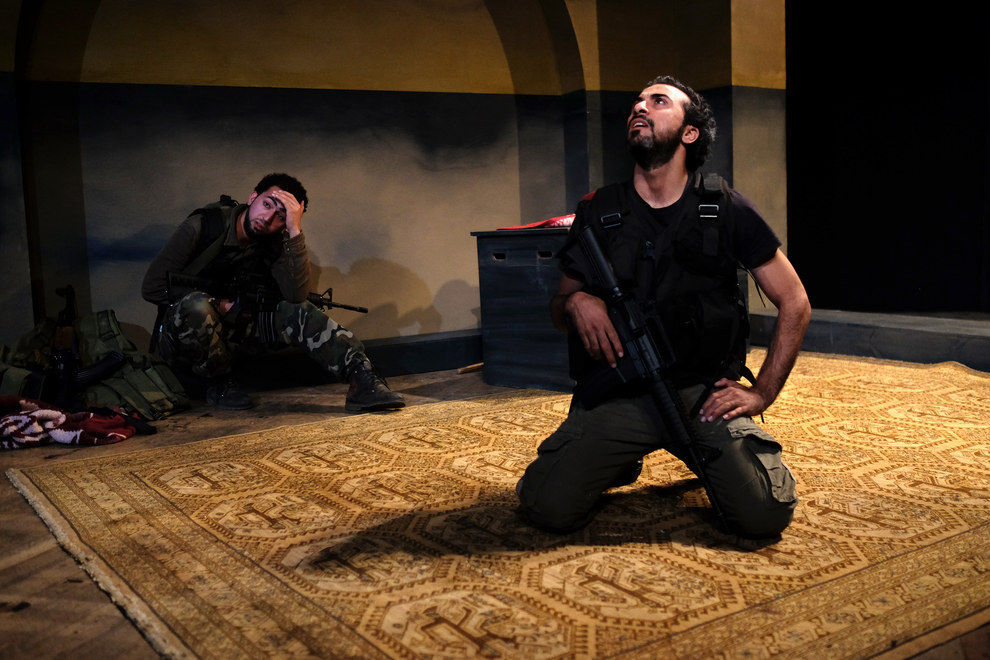
The Siege, Freedom Theatre UK Tour
In the spring of 2015 The Freedom Theatre premiered a brand new production across the West Bank and then embarked on its first ever tour of Britain and Ireland. The Siege is inspired by the real stories of a group of fighters who during the height of the second Intifada took refuge in the Church of the Nativity. The play uses both theatre and visual arts to portray an event that with time has taken on almost mythical proportions.
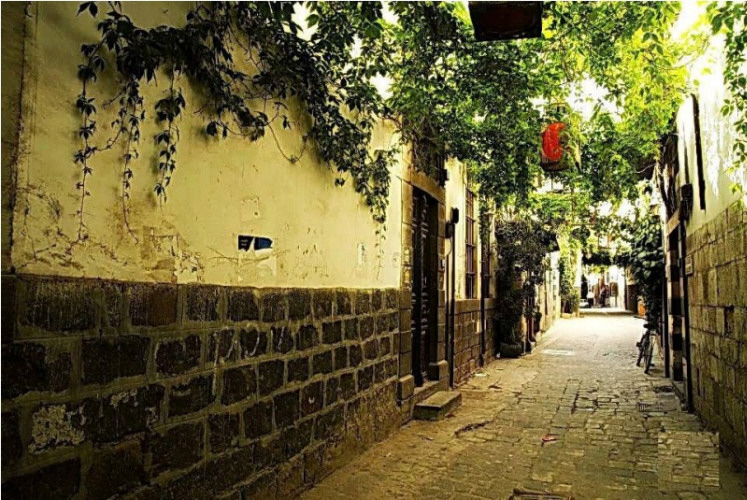
Qisetna:Talking Syria
Qisetna: Talking Syria is a non-political social and cultural project aiming to engage Syrians and people with a connection to the country to share their stories. It provides a reminder of the humanity of ordinary Syrians through their relationship with arts, culture, sport and places.
The first stage of the project was creating a non-political, bilingual and inclusive blog platform where Syrians feel safe to share their stories. A second aim of this blog is to provide international audiences with a perspective on Syria which is lacking from headlines about the ongoing war. Additionally, the project encourages Syrians develop their storytelling skills through workshops for youth and mentoring. The results of the workshop are to be published on the blog and hopefully later in a book.
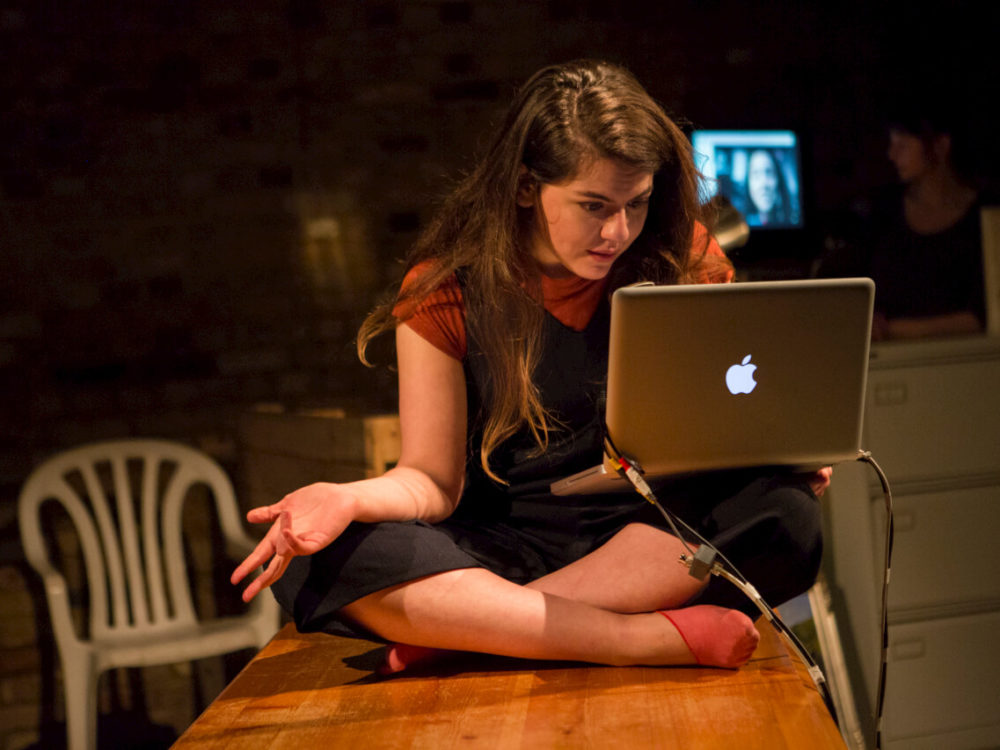
Scenes from 68 Years by Sandpit Arts
The play is a selection of intertwined vignettes telling the story of ordinary Palestinians at a very human level using mischievous humour. It steers clear of politics, preferring to take a snapshot of the mundaneness of life in the shadow of occupation. The writer’s intention is to create a dialogue about social justice and to encourage the audience to consider questions around this theme anew by employing non-direct and non-didactic means. One way is through humor as mentioned, another is by the employment of an actor in Palestine who will interact with the London performers live during each performance using Skype.
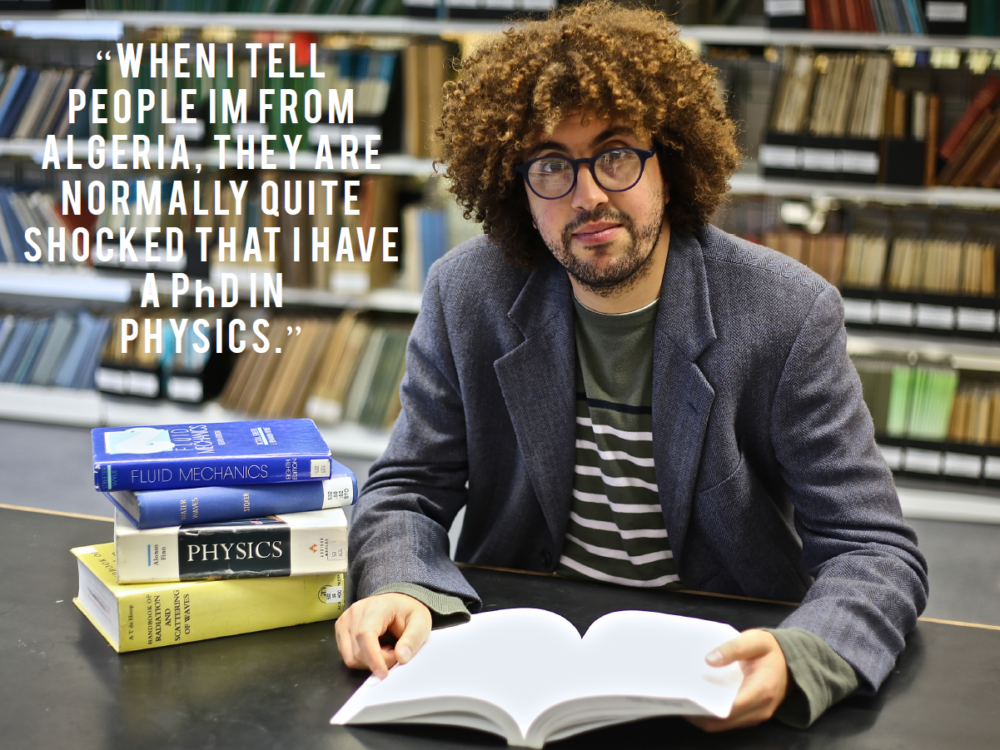
AnaDjazairi by Nadira Amrani
AnaDjazairi is a photography series accompanied by a short film looking at British Algerians. The notion of being an Algerian is a somewhat subjective concept, after the civil war of the 1990s many Algerians settled in the UK.
The projects looks to photograph individuals that self identity being Algerian, whether that is through ethnicity, culture or nationality. Photographing each individual at work the series also showcases the variety of the diaspora, while challenging stereotypes. This project aims to challenge the notion of identity in Britain and at the same time creates a better understanding of the diversity of Algerian culture.
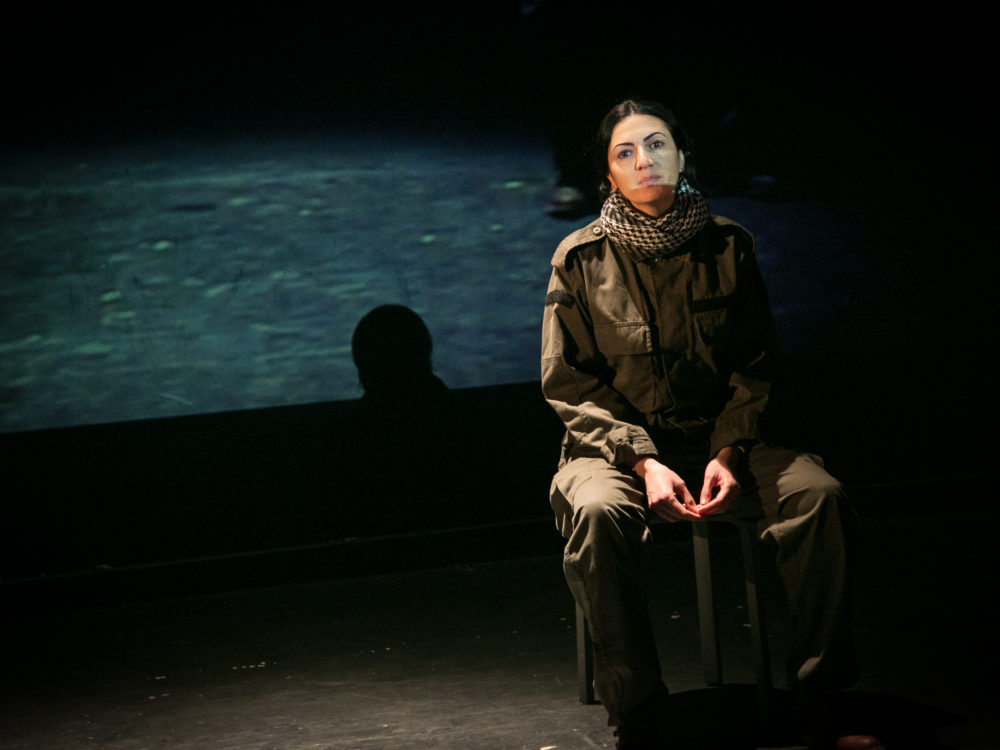
An Arab Woman Speaks - The Faction
The history of the piece is a story in itself – an introduction from Franca Rame:
“At the start of the 1970s, we decided to put on a show dedicated to the Palestinian resistance. It was called Fedayn. This involved me travelling to Lebanon to visit a refugee camp. The organisers of the camp had brought together around a hundred people. Our idea was that we would choose about a dozen young people, who would come to Italy to be part of the show, performing songs and recitations. They were to be the principal performers in this show, and we would have toured the whole of Italy, performing in upwards of a hundred locations.
I listened to a lot of people in that camp, but, curiously, none of them were women. Even though there were many women present in that tent. Some of the women had babes in arms, others were extremely young, and I had been told that many of them were stupendous singers.
Sitting nearby was a woman who had a baby in her arms. She looked tired. When I asked her to tell me something about herself, she shook her head, as if to say that she had nothing to tell.
A short while after I returned to Milan, a comrade from Beirut sent me a tape. It was a recording of a woman’s voice, speaking in Arabic. I had the tape transcribed and translated…”.
